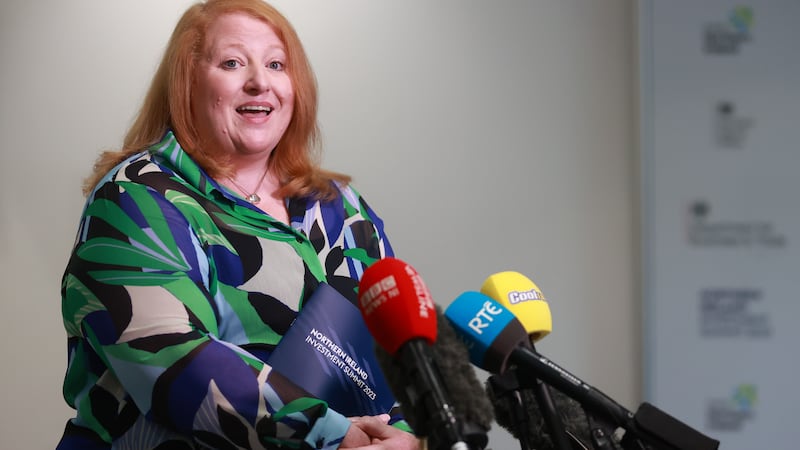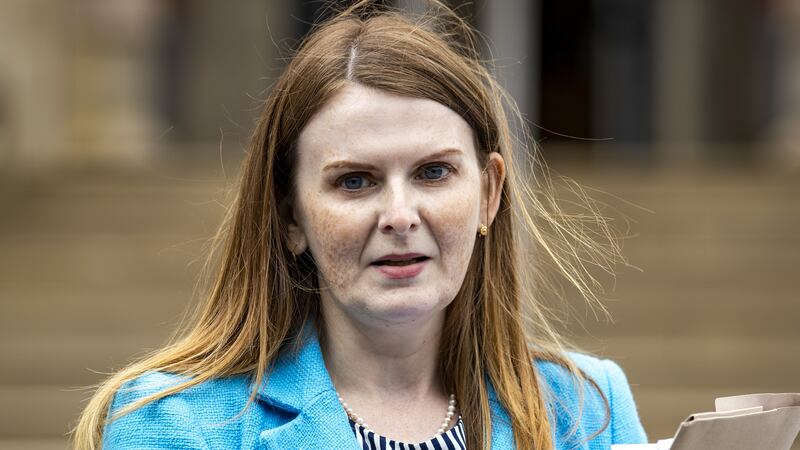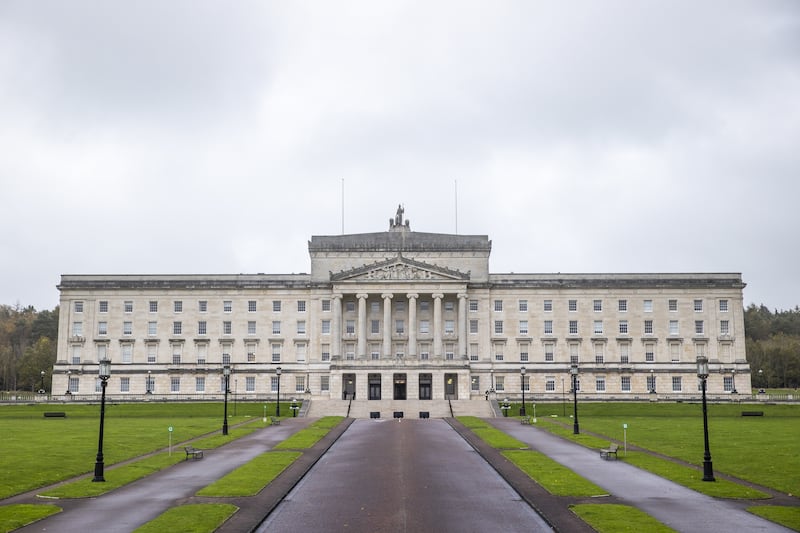A LEADING economist has warned that a restored Stormont executive will face huge financial pressures even with the £1 billion pledged by the Tory government as part of its deal with the DUP.
Esmond Birnie, senior economist at the Ulster University's Economic Policy Centre, said a shrinking block grant coupled with a the executive's historical debt burden and expected increases in public sector pay meant Stormont's finances were "very fragile".
His comments come amid speculation that a deal could be struck between the DUP and Sinn Féin that would see devolution restored.
Since the collapse of the assembly in January, Stormont departments have been operating on a reduced budget with senior civil servants making key spending decisions.
In a number of cases highlighted by the media, the absence of an executive has been blamed for a lack of money for public services.
But according to Mr Birnie, a restored executive will be faced with difficult spending decisions. He also points out that in the past there has been a reluctance from the Stormont executive to address financial realities.
"We are in a difficult position which is likely to get more difficult," he told The Irish News.
"This is a quite a predictable situation that has been building for some time due to a number of decisions – or perhaps more accurately non-decisions – that have been made over the past decade."
The Ulster University economist highlighted the decision to defer water charges, which cost the executive around £280m a year.
"You can say it's political choice and that politicians reflect the will of the people but the consequence of that is that we have less well funded public services elsewhere," he said.
"That may be a choice that people can live with but it strikes me as a choice that hasn't necessarily been well considered and it may not be a choice that's the most socially fair."
According to Mr Birnie, other "populist" policies which impact on Stormont's spending power include free prescriptions, the cap on domestic rates and free travel for the over 60s.
When combined with the executive's £2bn reform and reinvestment initiative debt and an expected pay rise for public sector workers, Stormont's disposable income will be significantly squeezed, he said.
"The debt burden is likely to increase because the trend in global interest rates is upwards from now on, while a lifting of the cap on public sector pay will cost around £60m for every percentage point increase," he said.
"The balance sheet is very fragile and at best the total level of cash from London will be constant but you have to account for inflation."
On the £1bn windfall pledged by the Tories in return for the support of the DUP's 10 MPs, Mr Birnie said the manner in which the funds had been allocated meant they would have little immediate impact on frontline spending.
"Most of it relates to major road and digital infrastructure and reform of the health service, so when it's available it won't be used to alleviate short-term pressures – unless of course there's some very creative accounting," he said.







